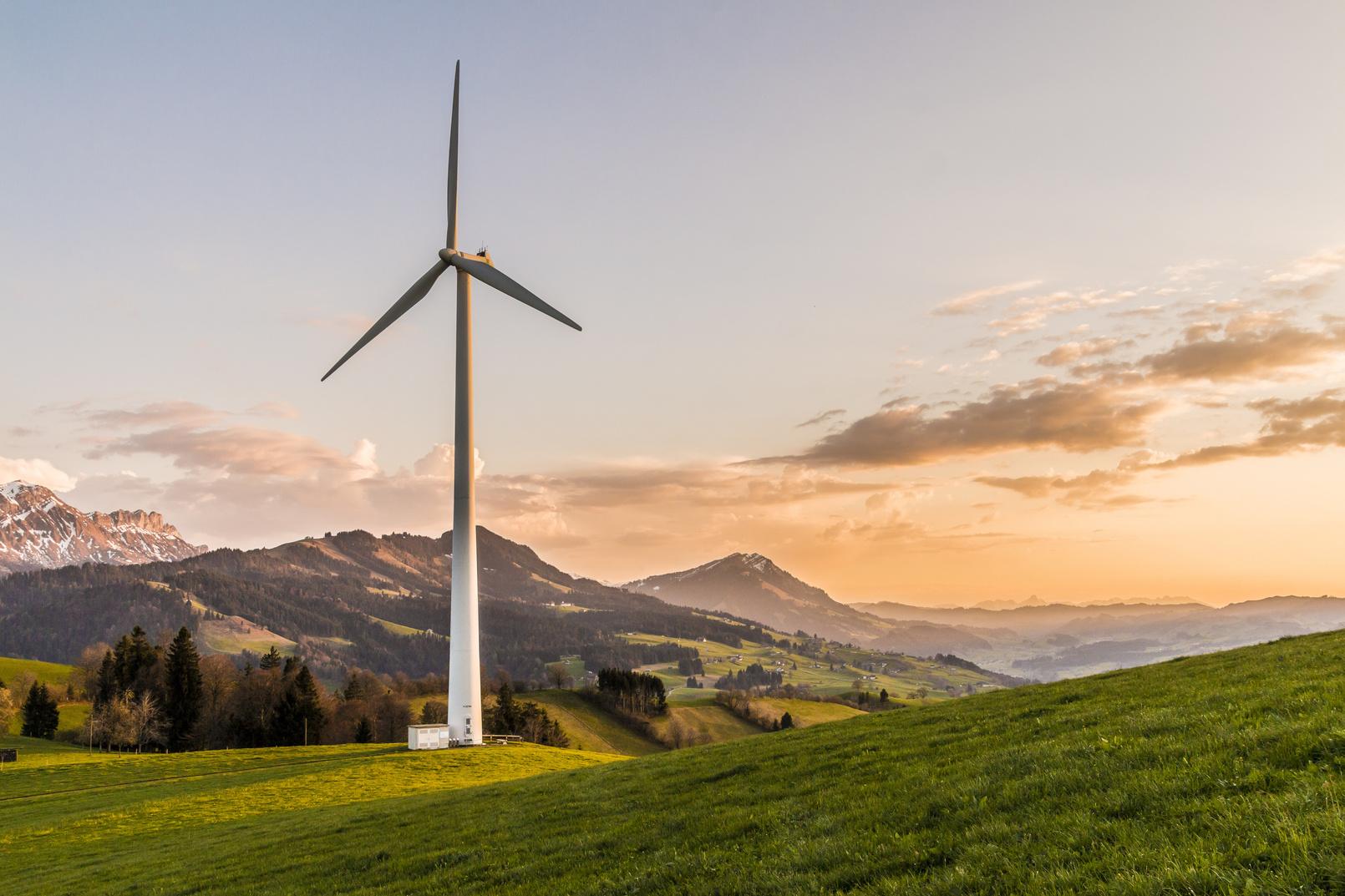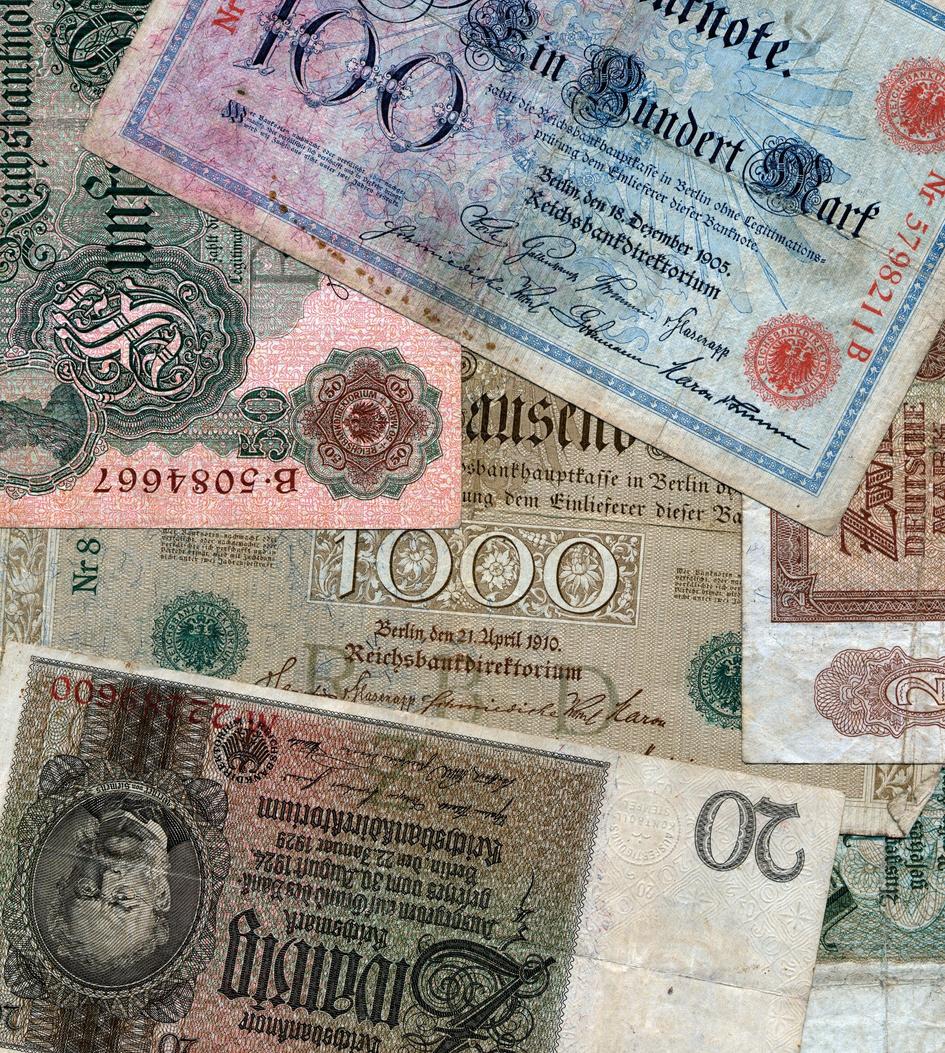Assumptionsyou needtoquestionnow
Rita McGrath

Like it or not, we’re in a space now where our ratio of assumptions to knowledge is terribly high. Human beings are terrible about handling assumptions – either we forget them altogether or we turn them into facts in our minds.
Now might be a good idea re-assess the assumptions we’ve been making … and what we will do if they no longer hold. Here are 10 to think about now.
1. BRICS would be exciting sources of global growth
Today, companies are barred from doing business in Russa, and rethinking their investments in and dependency on China. The others are highly uncertain. Back in 2001, Goldman Sachs’ Chief Economist Jim O’Neil predicted that four countries –Brazil, Russia, India and China – would provide rich rewards for those adventurous enough to invest in them. And you know what? He was right – for a while at least. The assumption that these four countries would be increasingly wealthy and westernized seemed to be working really well for the following decade. In 2010, South Africa was added to their number to have its acronym go from BRIC to BRICS.

2. Energy costs would remain fairly stable
Back in 2020 (who would think we’d have a reason to look fondly at 2020???) pundits were predicting fairly stable, even somewhat lower, energy costs. Now, oil

prices are predicted to rise and depending on who you ask, potentially sharply. So can we imagine price increases in the 25%, 35% or even higher region?
Higher gas prices annoy consumers and often have political ramifications.
3. Inflation? That’s so 1970’s
Amazingly, two entire generations of managers have never known a high-inflation environment. My colleague and co-author Ram Charan points out that the executive agenda in an inflation beset economy changes dramatically. Under inflation, cash is king and every mistake gets magnified. You can read Ram’s prescription for leading through inflation here: https://chiefexecutive.net/inflationplaybook/ Well worth it if you have never had the experience of living in inflationary times.

4. Cyber-attacks affect other people
This was already a troublesome assumption before February 24, but we can safely anticipate that the capability to create havoc that was already well developed in Russia is going to be exacerbated as it reacts to global sanctions.

5. “I’m not influenced by Russian-originated disinformation”
Sadly, meddling in events such as Brexit and Russian interference in elections worldwide has not gotten the attention and recognition it should. As Wired reporter
Tom Southern observes, “it controlled much of the day-to-day narrative in multiple countries through online disinformation. And many people had no idea.
While a few big events like the US’ 2016 election and the UK’s Brexit helped bring this meddling to light, many remained unaware or unwilling to accept that Putin’s disinformation machine was influencing them on a wide range of issues

ongoing
It is one of the big negatives of the digital revolution – once you’ve created digital systems, which are marvels in many ways – you are increasingly dependent on them. Digital systems also lead to complexity with the consequence that they behave in far more unpredictable ways. So what is your plan B if some vital piece of infrastructure (water, energy, transport) gets disrupted or hijacked? How will you communicate when the cell towers are down? What will you do when the power goes out for an extended period?

6. Infrastructure will be there and connectivity will be
8. Politics are politics and commerce is commerce
Business leaders have always tried to tread carefully when cultural and political issues arise. Most take the position that conflict over issues such as human rights, equality, the rule of law and other potential political issues belongs more to the public than the business sphere. After what was often years of investment (see BRICS, above) business leaders are now sparing no words to express their dismay at Russia’s actions and have moved to pull their companies out of the country.

9. Countries that trade together don’t go to war
This is an assumption that’s been with us for an enormously long time and has been used to justify the creation of commercial connections, often following conflicts. Author Steven Pinker offers a somewhat more nuanced explanation, and also notes that Putin was a clear exception to this maxim, even back in 2015. The idea of “capitalist peace” emerged as scholars made the observation that few democratically run countries go to war with one another.

10. Liberal democracy is the norm
For many of us, living in a relatively liberal society, even with its warts, is like a fish in water –“what water?” we might ask. We forget that this is not necessarily a given. Stanford historian Francis Fukuyama observes that “People really like being in liberal societies after they’ve gone through either horrible nationalist conflict (as in the two world wars of the 20th century) or they’ve had to live under authoritarian dictatorship (as people in Eastern Europe and the former Soviet Union did under communism).

Any bright spots?
Not many, but I’ll give it a try. Seeing the reality that an unprovoked attack on a peaceful country could actually happen in our time may be encouraging “the west” to unite in opposition to a common enemy. In the resistance to the invasion, we are witnessing daily acts of courage, grit and leadership. The Sunflower lady is already iconic. She cursed out Russian soldiers and asked them to put sunflower seeds in their pockets so that something would grow there when they die in Ukraine. That’s the stuff of which folklore is made. Ukraine’s President Zelensky has mastered the leadership and symbolism of legends.

And so…
While no one knows how this will all play out, a good exercise to do for yourself or with your leadership team might be to go through each of these assumptions and ask yourself what your “Plan B” would be if these assumptions are no longer part of our taken for granted reality.















